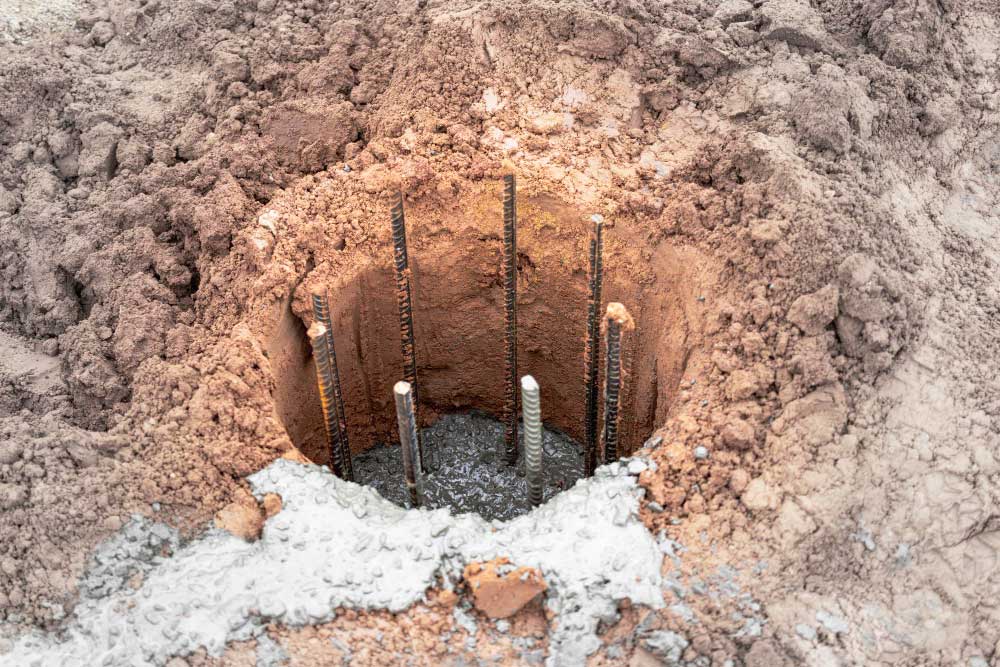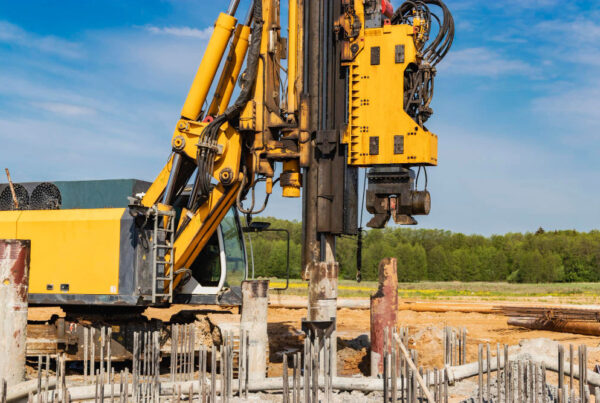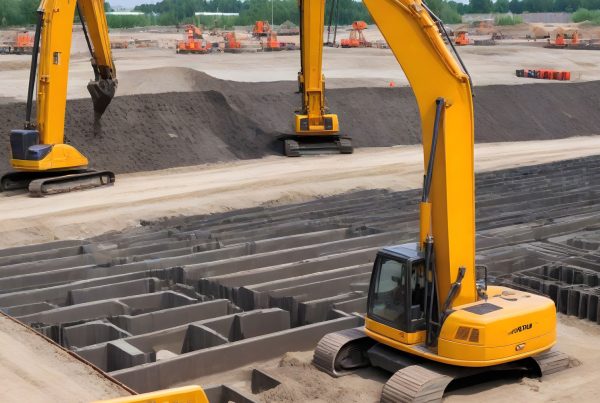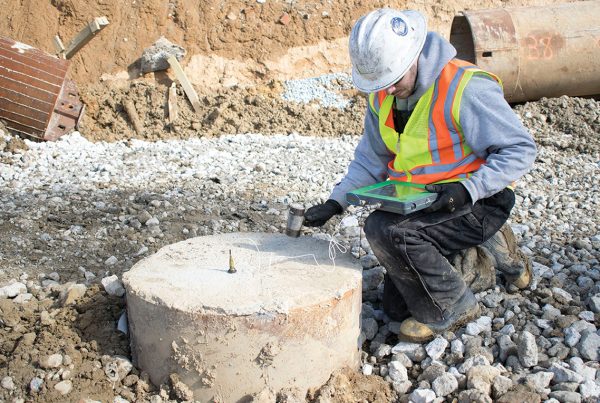Bored piles, also known as drilled shafts, are a type of deep foundation used in construction projects where the load from the structure needs to be transferred to deeper, more stable soil layers. These piles are created by drilling a hole into the ground and filling it with reinforced concrete. Bored piles are highly versatile and can be adapted to a wide range of soil conditions, making them an essential component of modern construction. In regions like Congo, where diverse soil types and complex terrains are common, bored piles play a vital role in providing stable and reliable foundations for buildings and infrastructure. This article explores the basics of bored piles and their benefits in construction projects.
What Are Bored Piles?
Bored piles are cylindrical foundation elements that are drilled deep into the ground to support heavy structures. Unlike driven piles, which are hammered into the soil, bored piles are constructed by removing soil or rock and replacing it with concrete. This method minimizes vibration and noise, making bored piles ideal for use in urban areas or near existing structures. The size, depth, and reinforcement of bored piles can be customized to meet the specific requirements of a project, ensuring optimal load-bearing capacity and stability.
Key Benefits of Bored Piles
1. Versatility
Bored piles are suitable for a wide range of soil conditions, including soft clay, loose sand, and dense rock layers. This adaptability makes them ideal for projects in diverse regions, such as Congo, where soil types can vary significantly within short distances. Whether the project involves high-rise buildings, bridges, or industrial facilities, bored piles can be designed to meet the unique demands of the site.
2. Minimal Environmental Impact
The installation of bored piles generates less noise and vibration compared to driven piles, making them a more environmentally friendly option. This is particularly important in sensitive areas, such as urban centers or near heritage sites, where minimizing disruption is essential. In Congo, where urban development often occurs close to existing communities, bored piles offer a solution that reduces environmental and social impacts.
3. High Load-Bearing Capacity
Bored piles provide excellent load-bearing capacity, allowing them to support heavy structures and resist lateral forces. The ability to customize the diameter and depth of the pile ensures that it can handle the specific load requirements of the project. For example, in Congo’s infrastructure projects, bored piles are often used to support bridges, overpasses, and large industrial buildings that require a robust foundation.
4. Cost-Effectiveness
While the initial installation of bored piles may involve advanced equipment and skilled labor, their long-term benefits often outweigh the costs. The durability and reliability of bored piles reduce the need for frequent maintenance and repairs, making them a cost-effective choice for long-term projects.
5. Compatibility with Challenging Sites
Bored piles are particularly effective in sites with challenging terrain or limited access. Their installation process allows for precise placement in difficult-to-reach locations, ensuring a stable foundation even in complex environments. In regions like Congo, where uneven terrain and variable soil conditions are common, bored piles provide a dependable solution for construction challenges.
Applications of Bored Piles
Bored piles are used in a variety of construction projects, including:
- High-rise buildings
- Bridges and overpasses
- Industrial facilities
- Retaining walls
- Marine structures
These applications highlight the versatility and reliability of bored piles in modern construction.
Conclusion
Bored piles are an essential foundation solution for many construction projects, offering versatility, high load-bearing capacity, and minimal environmental impact. Their adaptability to diverse soil conditions and challenging terrains makes them a preferred choice in regions like Congo, where infrastructure development is growing rapidly. By providing stable and durable foundations, bored piles ensure the success of construction projects and contribute to the long-term resilience of buildings and infrastructure.






